# 10 – Sunshine Superman – Donovan
Few songs encapsulated the dawn of the psychedelic era as vividly as Donovan’s 1966 hit “Sunshine Superman.” Written by Donovan and recorded at EMI Studios in London in December 1965, the song fused folk, rock, and emerging psychedelic sounds with its distinctive harpsichord, sitar-like guitar tones, and hypnotic rhythm. Produced by Mickie Most, the track featured session guitarist Jimmy Page, later of Led Zeppelin fame, and bassist John Paul Jones, both contributing to its innovative musical structure. Released as a single in July 1966, “Sunshine Superman” became Donovan’s first major international success, reaching number one on the Billboard Hot 100 in the United States and number two on the UK Singles Chart.
# 9 – Champagne Supernova – Oasis
Oasis closed out (What’s the Story) Morning Glory? with “Champagne Supernova,” a sprawling, dreamlike epic that blended psychedelia with Britpop’s anthemic scale. Written by Noel Gallagher and produced by Owen Morris, the song was recorded at Rockfield Studios in Wales in 1995. It featured lead vocals by Liam Gallagher and an atmospheric guitar contribution from Paul Weller of The Jam and The Style Council. Though not originally released as a single in the UK, it was issued as a radio single in the U.S. in 1996, where it reached number one on the Billboard Modern Rock Tracks chart and became one of Oasis’s most enduring songs.
# 8 – Super Freak – Rick James
Rick James brought his signature blend of funk and rock to the mainstream with “Super Freak,” a track that redefined the genre upon its release in 1981. Featured on his album Street Songs, the song was written by James alongside Alonzo Miller and produced by James himself at the Record Plant in Sausalito, California. Driven by its infectious bassline and layered synthesizers, “Super Freak” became one of James’s biggest hits, reaching number 16 on the Billboard Hot 100 and earning him a Grammy nomination for Best Male Rock Vocal Performance. The song also saw significant success on the R&B and dance charts, securing its place as one of the defining funk tracks of the early ’80s.
# 7 – Superfly – Curtis Mayfield
Curtis Mayfield cemented his place in both soul and film history with “Superfly,” the title track from his groundbreaking 1972 soundtrack to the Blaxploitation film Super Fly. Written and produced by Mayfield, the song was recorded at RCA Studios in Chicago and became one of his most recognizable works, reaching number eight on the Billboard Hot 100 and number five on the R&B chart. Unlike most soundtrack compositions, “Superfly” functioned as a social critique, countering the film’s glorification of drug culture with a sharp, cautionary perspective.
# 6 – Super Trouper – ABBA
ABBA captured both the glamour and the isolation of fame with “Super Trouper,” the title track from their 1980 album. Written and produced by Benny Andersson and Björn Ulvaeus, the song was recorded at Polar Music Studios in Stockholm, Sweden, and became the band’s final number one hit in the UK, topping the singles chart for three weeks. It also reached number forty-five on the Billboard Hot 100 in the United States, maintaining the group’s presence in the global pop scene. The term “Super Trouper” referred to a brand of stage spotlight, a fitting metaphor for the song’s theme of life under the glare of public scrutiny.
# 5 – Lost in the Supermarket – The Clash
The Clash delivered one of their most poignant and introspective tracks with “Lost in the Supermarket,” featured on their landmark 1979 album London Calling. Written by Joe Strummer and Mick Jones, the song was recorded at Wessex Studios in London with Guy Stevens as producer. While The Clash were known for their politically charged anthems, this song took a more personal approach, exploring themes of alienation, consumerism, and the struggle to find identity in a world increasingly driven by mass production and superficiality.
# 4 – Super Bad – James Brown
James Brown brought relentless energy and unshakable confidence to “Super Bad,” a funk powerhouse released as a single in 1970. Recorded at King Studios in Cincinnati, Ohio, and produced by Brown himself, the song encapsulated his raw, electrifying performance style. “Super Bad” climbed to number thirteen on the Billboard Hot 100 and topped the Billboard R&B chart, reaffirming Brown’s dominance in the genre. The track featured Brown on vocals, backed by the tight grooves of his band, including saxophonist Maceo Parker and trombonist Fred Wesley, whose contributions added to the song’s explosive energy.
# 3 – Superstar – The Carpenters
Originally written by Bonnie Bramlett and Leon Russell, the song first emerged in 1969 as “Groupie (Superstar),” performed by Delaney & Bonnie with Eric Clapton. The Carpenters reworked the track in 1971, transforming it from a bluesy lament into an orchestral ballad with Karen Carpenter’s ethereal vocal at the center. Produced by Richard Carpenter and Jack Daugherty, the song was recorded at A&M Studios in Hollywood and released as a single from Carpenters, peaking at number two on the Billboard Hot 100 and becoming one of the duo’s most enduring hits.
# 2 – Superstition – Stevie Wonder
Stevie Wonder crafted “Superstition” as a forceful fusion of funk and social commentary, releasing it as the lead single from his 1972 album Talking Book. Recorded at Electric Lady Studios in New York City, the track was produced by Wonder himself and showcased his multi-instrumental talent, with him playing the clavinet, drums, and Moog bass. The song reached number one on the Billboard Hot 100 and the Hot Soul Singles chart, marking one of the defining moments of Wonder’s career and cementing his transition into the more experimental and socially conscious phase of his music.
# 1 – (Wish I Could Fly Like) Superman – The Kinks
The Kinks closed the 1970s with “(Wish I Could Fly Like) Superman,” a song that fused their signature wit with the pulsating energy of disco and hard rock. Released in 1979 as the lead single from Low Budget, the song was recorded at Konk Studios in London and produced by Ray Davies. While it did not chart as high as some of their earlier classics, it became a cult favorite, embraced for its biting social commentary and its departure from the band’s traditional British rock sound. Dave Davies’ driving guitar and Mick Avory’s steady drumming provided the backbone for the track, while Ray Davies’ sardonic lyrics painted a picture of an everyman overwhelmed by modern life, dreaming of superheroic escape.






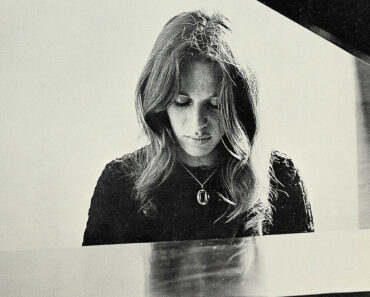


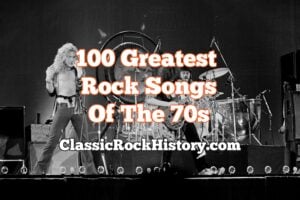

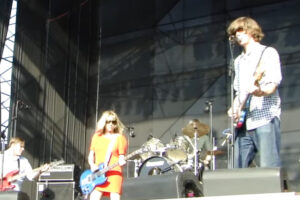




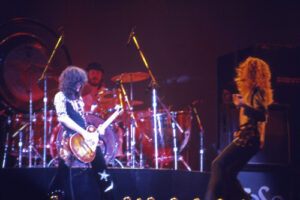

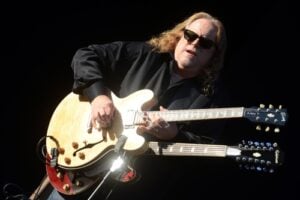
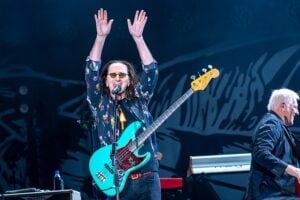
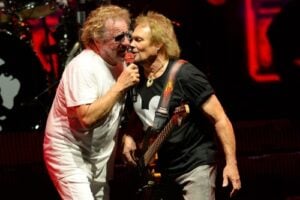


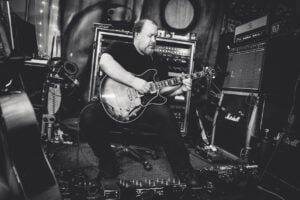
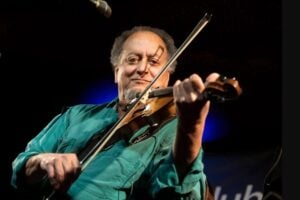












Although not a rock song, a unforgettable tune from many a childhood memories’ is the classic
“Supercalifragilisticexpialidocious” from the 1964 film “Mary Poppins”, performed on screen by the multi-talented Julie Andrews and Dick Van Dyke.
I actually almost went with that one. Great pick! Someone needs to do a heavy metal version of that song
THAT would be interesting!…..
Love the Kinks!